THE ROUTLEDGE HANDBOOK OF GREEK MYTHOLOGY
First published 2004
by Routledge
11 New Fetter Lane, London EC4P 4EE
Simultaneously published in the USA and Canada
by Routledge
29 West 35th Street, New York, NY 10001
Routledge is an imprint of the Taylor & Francis Group
This edition published in the Taylor & Francis e-Library, 2004.
2004 Robin Hard
All rights reserved. No part of this book may be reprinted or reproduced or utilised in any form or by any electronic, mechanical, or other means, now known or hereafter invented, including photocopying and recording, or in any information storage or retrieval system, without permission in writing from the publishers.
British Library Cataloguing in Publication Data
A catalogue record for this book is available from the British Library
Library of Congress Cataloging in Publication Data
A catalog record has been requested for this title
ISBN 0-203-44633-X Master e-book ISBN
ISBN 0-203-75457-3 (Adobe eReader Format)
ISBN 0-415-18636-6 (Print Edition)
In Memory of
LAUNCELOT FREDERIC HARD
19162002
PREFACE
Although this is essentially a new book in its present form, I originally embarked on it with the intention of producing a revised version of H.J. Roses classic Handbook of Greek Mythology, and the final product remains indebted to that work in many respects, incorporating some material from it and following its general plan in parts, especially in the chapters on divine mythology. Herbert Jennings Rose (18831961), who was professor of Greek at St Andrews from 1927 to 1953, wrote extensively on ancient religion and mythology, publishing an edition of Hyginus mythological manual in 1928, and was also an accomplished translator who introduced works of notable continental scholars such as M.P. Nilsson and R. Pettazzoni to an Englishspeaking audience. He remarks in the preface to his mythological handbook that he felt impelled to write it because, as a teacher of Classics, he had often felt handicapped by the lack of book of moderate length containing an accurate account of Greek mythology in accordance with the results of modern research; and the resulting volume, which was first published in 1928, certainly fulfilled a need among students and others who were interested in the subject. It has continued to be of service, moreover, in more recent times, even though many books of a related kind have been published since it first appeared, including various dictionaries of classical mythology and the two-volume surveys of Robert Graves (which has proved very popular in spite of its eccentricities) and Carl Kernyi (the second volume of which, The Heroes of the Greeks, was translated into English by Rose himself). After it had remained in print for seventy years, however, its present publishers thought it desirable that it should be revised to take account of advances in knowledge and the changing needs of its readership. The book has inevitably come to seem oldfashioned or even unreliable in certain respects. To take only one example, advances in archaeology and other disciplines and the decipherment of Linear B (a Mycenaean script) have affected our understanding of the origins and earliest history of some of the major gods (). As a guide to the canon of Greek myth, the book also had one notable shortcoming from the beginning, namely that the coverage of heroic myth is disproportionately brief, especially when it is considered that Greek myth as recorded in classical literature consists predominately of heroic legend (for surprisingly few stories are recorded about the actions of the gods among themselves). I therefore undertook to prepare a revised edition by extending the coverage of this area of myth fairly considerably, with the addition of new chapters, and by altering or augmenting the text to a more limited extent elsewhere to take account of changing knowledge and requirements. The outcome turned out to be thoroughly unsatisfactory, too much of a dogs dinner to be at all palatable. If the original book had been blander, such an approach might have proved practicable; but it is in fact too personal, too idiosyncratic, to be amenable to discreet emendation and augmentation. It was necessary that a few gentle alterations should suffice or else that the book should be substantially rewritten; and having already progressed some way along the latter path, I decided to follow it to the end. Although the final work owes more of a debt to Roses handbook than may be apparent at first sight, and I value that continuity, it is substantially longer and so different in much of its approach and content that it cannot be regarded as a replacement or substitute. I hope, indeed, that Roses book may be kept in print for a while yet and perhaps even attain its centenary.
 The names of deities and heroes and heroines from Greek myth are given in their original Greek form, except in a very few cases where it would seem absurdly pedantic to do so. Please see the introduction to the index for remarks on the pronunciation of Greek names and on the relationship between Greek and Latinized forms of those names. In the case of geographical names and the names of mythical and historical peoples, Anglicized and Latinized forms have been used much more frequently when it was considered that such forms would be used in normal conversation (e.g. Boeotia rather than Boiotia). Since ancient Greek authors are almost always referred to under the Anglicized or Latinized form of their name in conversation and in non-technical literature and library-indexes, it seemed preferable to use such forms to accord with normal usage and avoid any danger of confusion.
The names of deities and heroes and heroines from Greek myth are given in their original Greek form, except in a very few cases where it would seem absurdly pedantic to do so. Please see the introduction to the index for remarks on the pronunciation of Greek names and on the relationship between Greek and Latinized forms of those names. In the case of geographical names and the names of mythical and historical peoples, Anglicized and Latinized forms have been used much more frequently when it was considered that such forms would be used in normal conversation (e.g. Boeotia rather than Boiotia). Since ancient Greek authors are almost always referred to under the Anglicized or Latinized form of their name in conversation and in non-technical literature and library-indexes, it seemed preferable to use such forms to accord with normal usage and avoid any danger of confusion.
 When Greek tales from Roman sources are summarized in the text, the mythical figures who appear in them will naturally be referred to under their proper Greek names rather than their Latin names as in the Latin sources. It should be remembered in this connection that the Romans liked to identify Greek gods with equivalent deities from the Roman and Italian tradition, and would refer to Greek gods under their Latin names when narrating myths from the Greek tradition. In the works of Roman authors such as Ovid and Hyginus, the main Greek deities will thus appear as follows:
When Greek tales from Roman sources are summarized in the text, the mythical figures who appear in them will naturally be referred to under their proper Greek names rather than their Latin names as in the Latin sources. It should be remembered in this connection that the Romans liked to identify Greek gods with equivalent deities from the Roman and Italian tradition, and would refer to Greek gods under their Latin names when narrating myths from the Greek tradition. In the works of Roman authors such as Ovid and Hyginus, the main Greek deities will thus appear as follows:
Aphrodite as Venus
Ares as Mars
Artemis as Diana
Athena as Minerva
Demeter as Ceres
Dionysos often as Liber (if not as Dionysus or Bacchus)
Hephaistos as Volcanus (Anglicized to Vulcan)
Hermes as Mercurius (Anglicized to Mercury)
Hestia as Vesta
Kronos as Saturnus (Anglicized to Saturn)
Poseidon as Neptunus (Anglicized to Neptune)
Zeus as Iuppiter (Anglicized to Jupiter)
The name of Persephone was corrupted to Proserpina in Latin, that of Herakles to Hercules, and that of Leto to Latona. Other names were translated, e.g. Eros to Cupido or Amor, Pluto to Dis (), Helios to Sol.

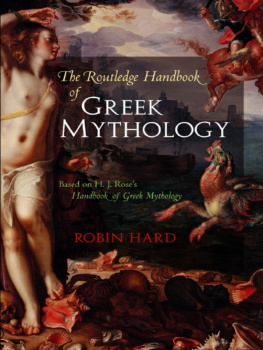
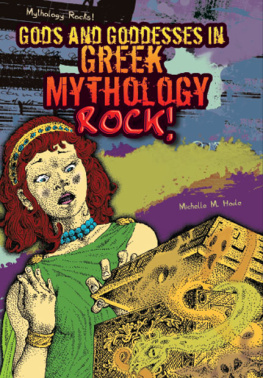
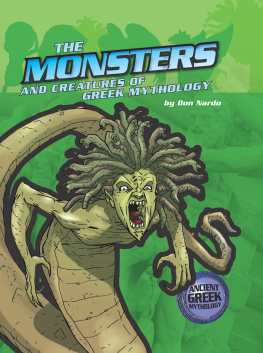
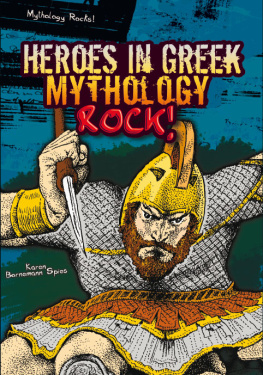
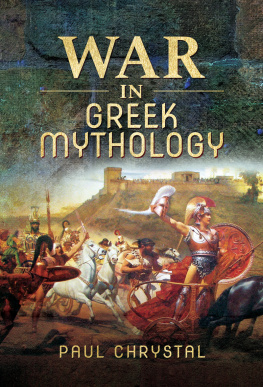

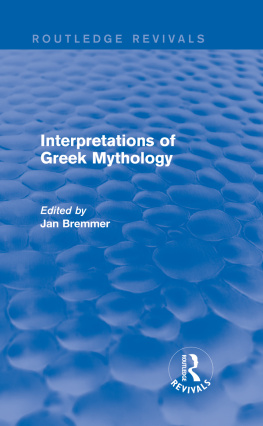
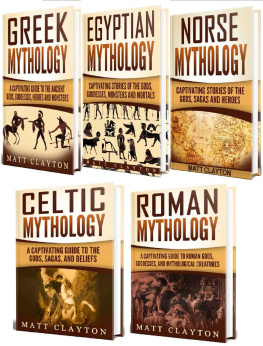
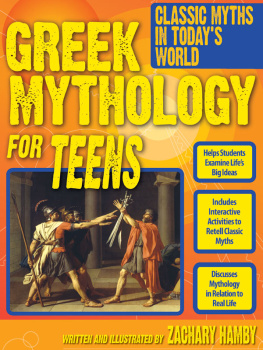
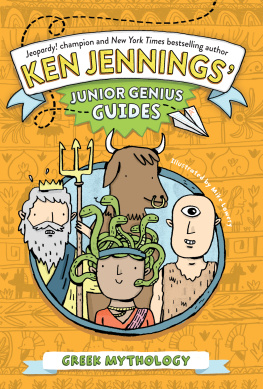
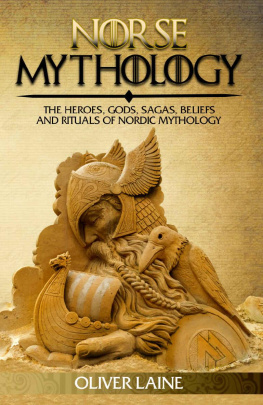
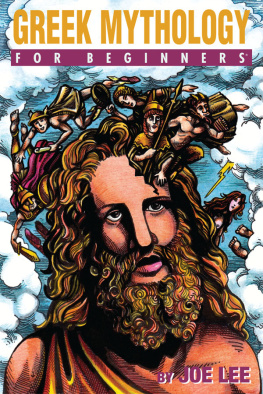
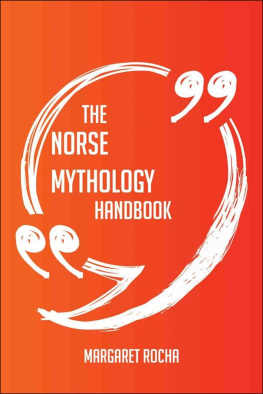

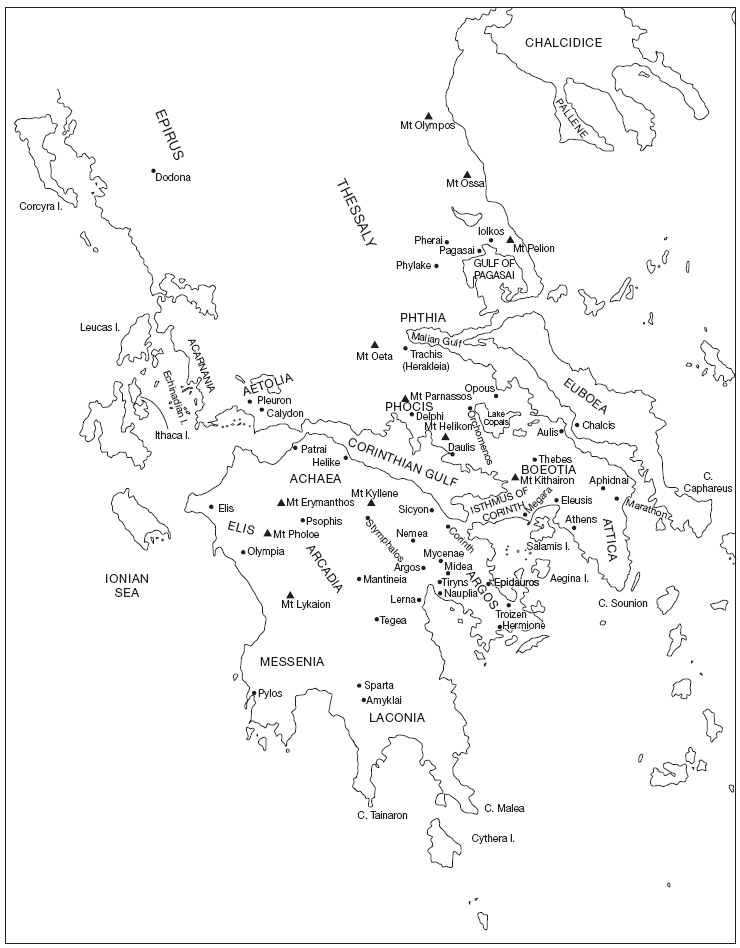

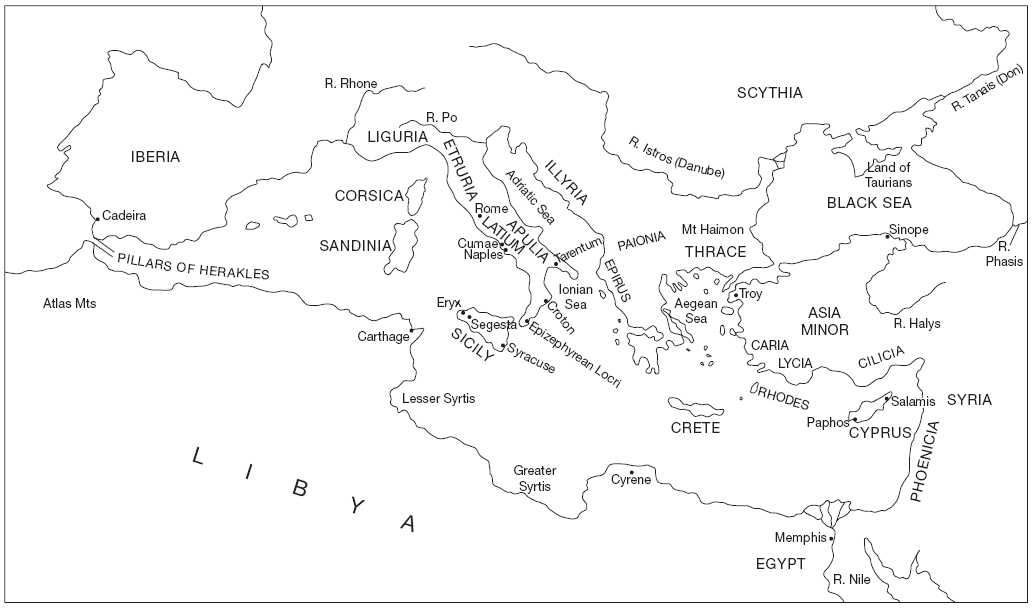
 The names of deities and heroes and heroines from Greek myth are given in their original Greek form, except in a very few cases where it would seem absurdly pedantic to do so. Please see the introduction to the index for remarks on the pronunciation of Greek names and on the relationship between Greek and Latinized forms of those names. In the case of geographical names and the names of mythical and historical peoples, Anglicized and Latinized forms have been used much more frequently when it was considered that such forms would be used in normal conversation (e.g. Boeotia rather than Boiotia). Since ancient Greek authors are almost always referred to under the Anglicized or Latinized form of their name in conversation and in non-technical literature and library-indexes, it seemed preferable to use such forms to accord with normal usage and avoid any danger of confusion.
The names of deities and heroes and heroines from Greek myth are given in their original Greek form, except in a very few cases where it would seem absurdly pedantic to do so. Please see the introduction to the index for remarks on the pronunciation of Greek names and on the relationship between Greek and Latinized forms of those names. In the case of geographical names and the names of mythical and historical peoples, Anglicized and Latinized forms have been used much more frequently when it was considered that such forms would be used in normal conversation (e.g. Boeotia rather than Boiotia). Since ancient Greek authors are almost always referred to under the Anglicized or Latinized form of their name in conversation and in non-technical literature and library-indexes, it seemed preferable to use such forms to accord with normal usage and avoid any danger of confusion.